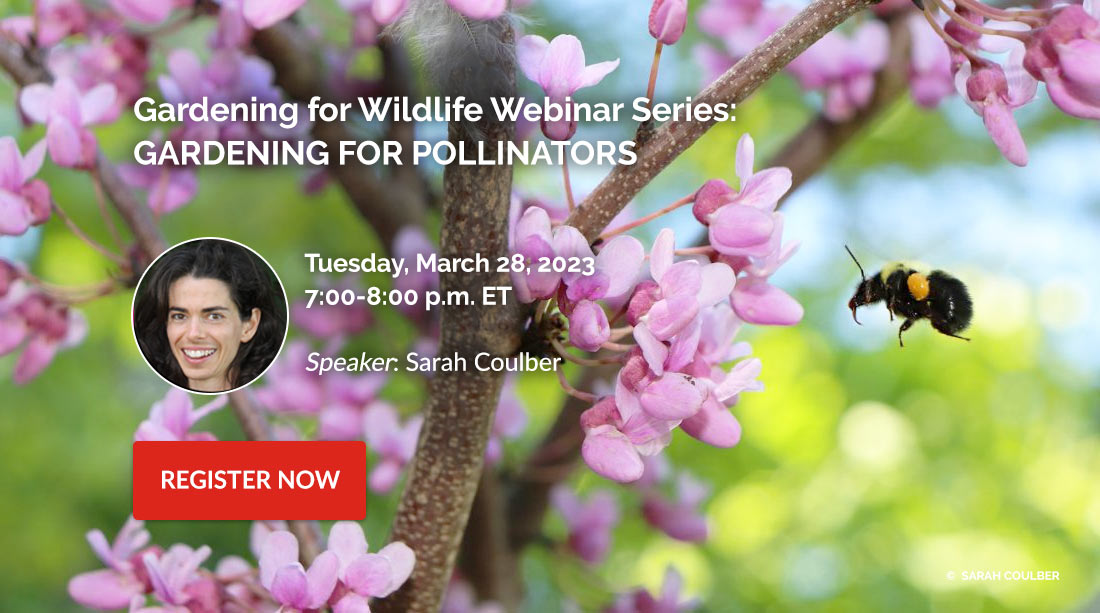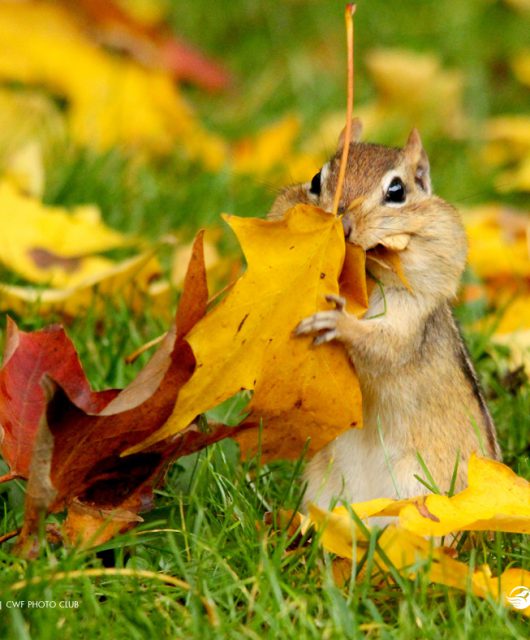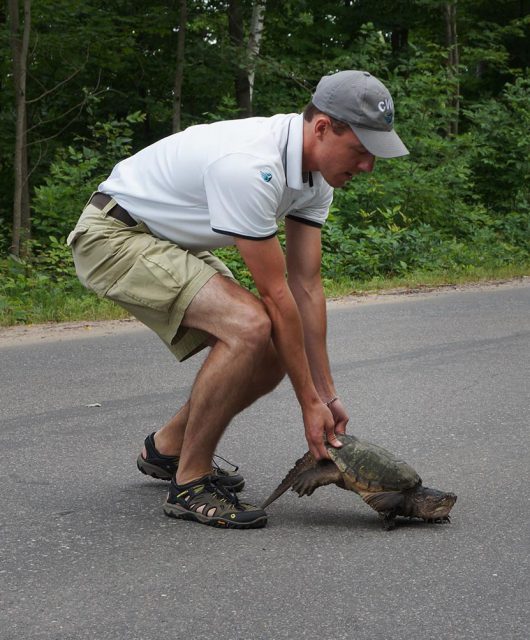Most people have an aversion to wasps, and understandably so, given their painful sting.
But did you know that most of our wasp species do not sting humans and that they play an important role with pest-control and pollination services?!
Solitary vs Social Wasps
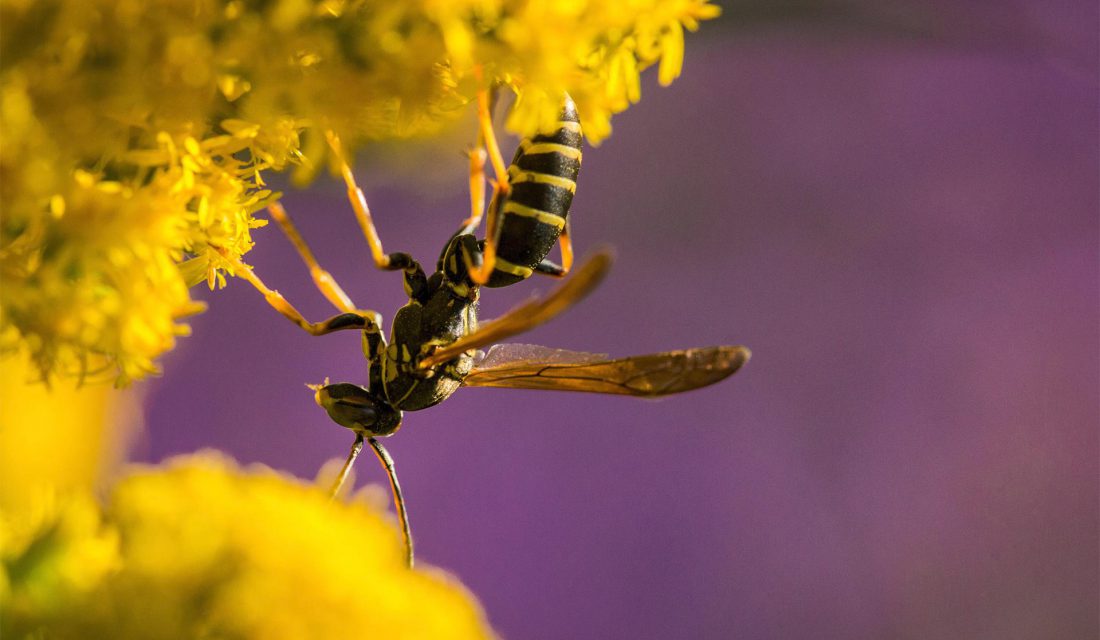
Like bees, some wasp species are social, living in a group with a hive to protect, while most are considered solitary. Paper Wasps and Yellow Jackets, are considered social species, just like bumble bees and the non-native Honey Bees. This means that they live and work together in a hive. As they have a vested interest in keeping the hive safe for a lengthy period of time, they will attack if someone comes too close and is therefore perceived as a threat.
Solitary wasps, however, are like solitary bees. Their goal is to mate, make a nest, lay eggs and then provision these eggs with food. The nest is typically sealed off and no further attention is given.
A Farmer’s Best Friend?
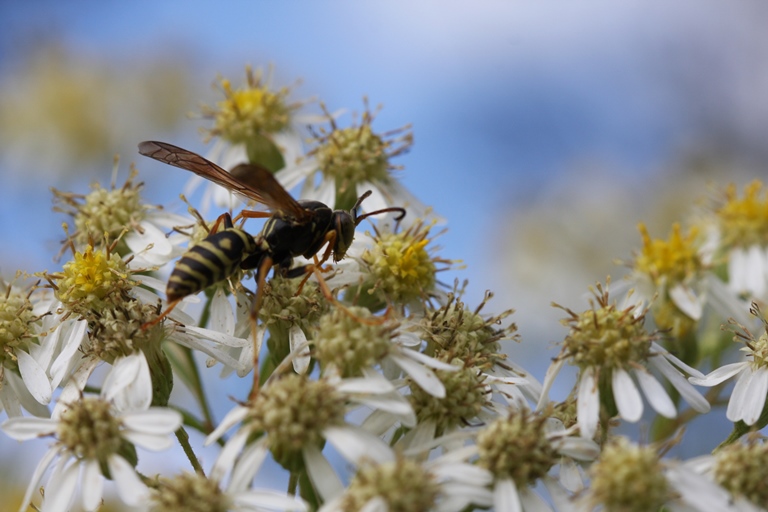
One of the roles wasps play is keeping potential pests in check. Unlike bees that evolved to feed their young pollen and nectar, wasps feed their young insects. In fact, this is the primary reason that solitary wasps have a stinger – to immobilize prey which they bring back to their nest or lay their eggs within it.
Some of the insects that wasps attack are considered pest species for crops which is why researchers and governments are turning to these natural predators to help keep pests in check. This is good news for decreasing the use of pesticides and encouraging natural habitat in and around farmland, like we did before people became started regularly using chemicals, cut down nearby trees and shrubs, and grew only huge expanses of single crops.
Sweet Snacks
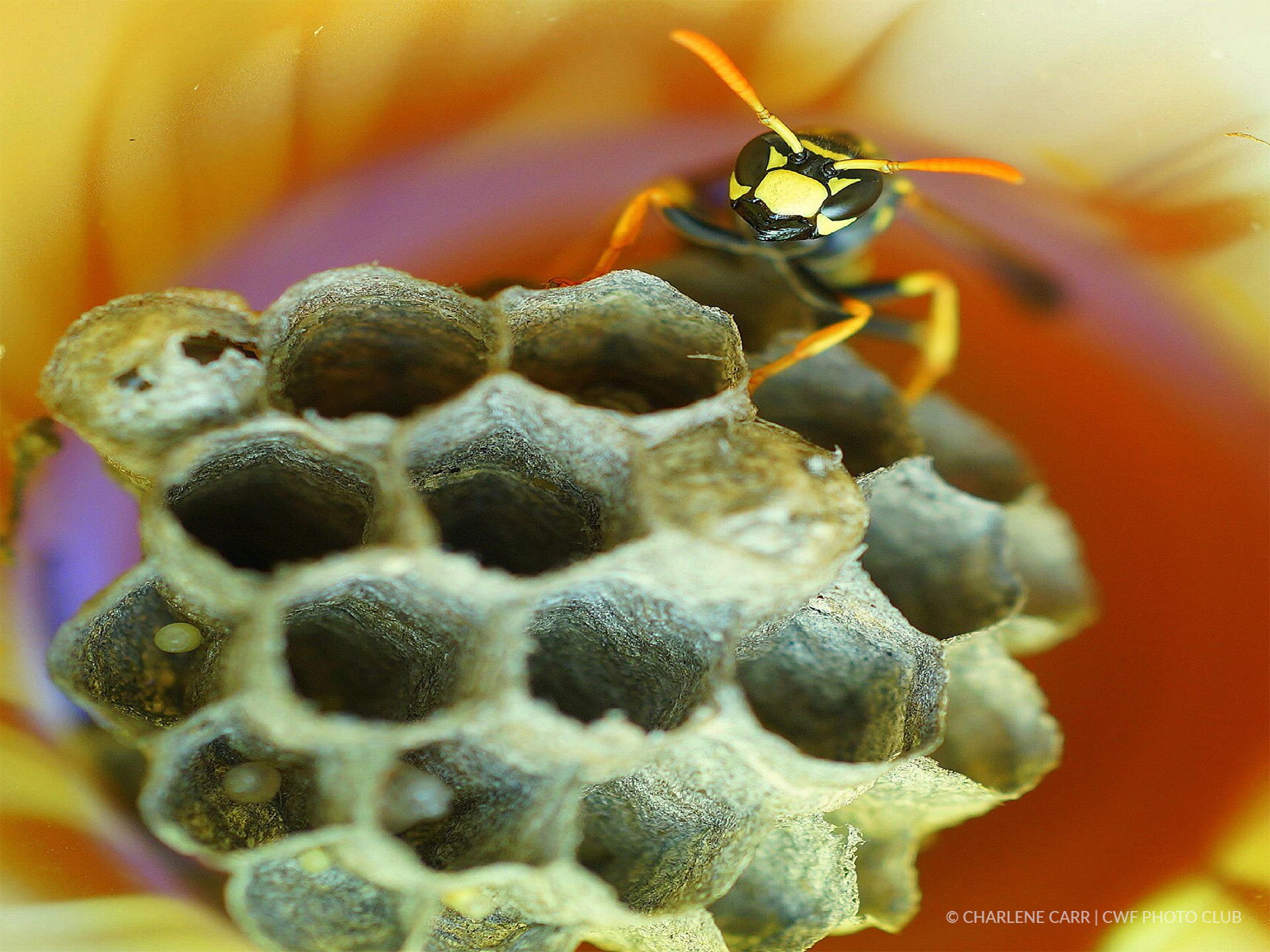
Adult wasps visit flowers to feed on nectar and sometimes pollen. In doing so, they help pollinate our plants. While not as effective as two of Canada’s other pollinators, bees and flies, wasps are nevertheless considered one of Canada’s pollinators, along with butterflies, moths, beetles and hummingbirds.
